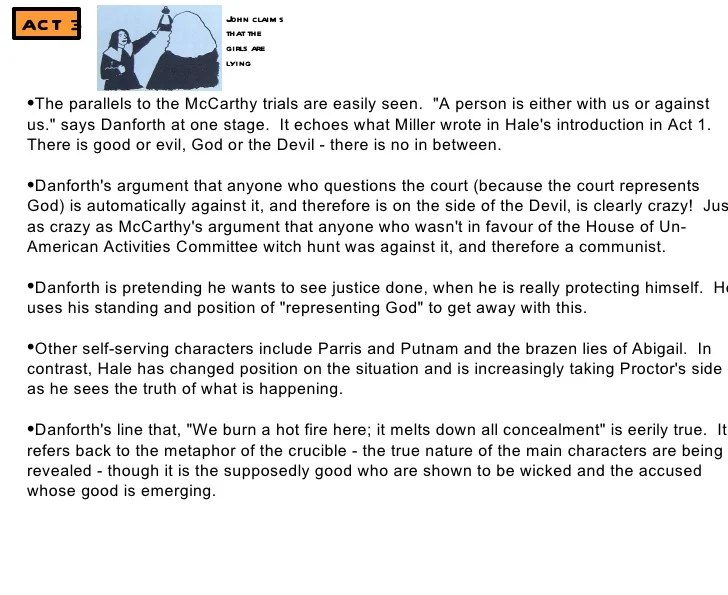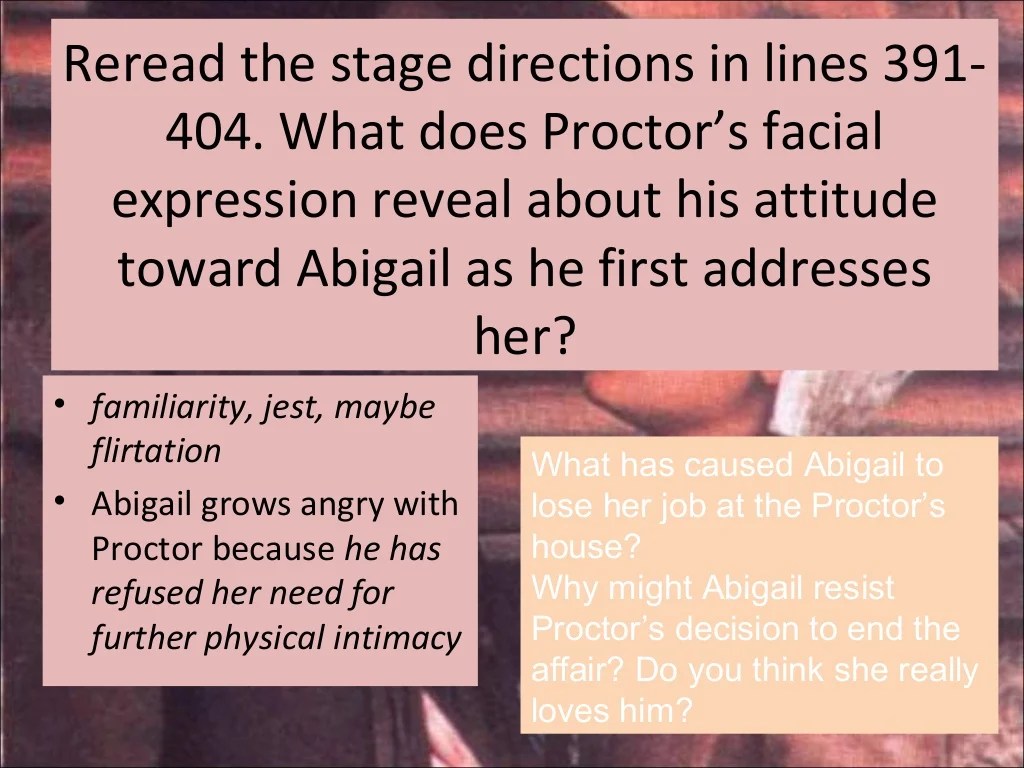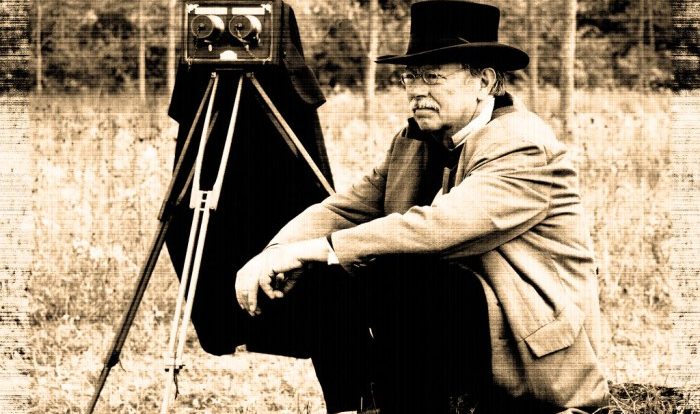The crucible act 1 #puritanproblems – Delving into the depths of The Crucible Act 1, we uncover the #PuritanProblems that plagued the Puritan community of Salem, Massachusetts, igniting a chain of events that would forever alter their lives. This opening act sets the stage for a gripping tale of religious fervor, interpersonal conflicts, and the devastating consequences of mass hysteria.
Puritan beliefs, with their emphasis on predestination, hard work, and moral living, shaped the very fabric of Salem society. However, beneath this seemingly pious exterior lay a web of rivalries, jealousy, and land disputes, fueling tensions that would eventually explode.
Puritan Beliefs and Practices

Puritanism, a Protestant movement that emerged in England in the 16th century, was characterized by a strict adherence to Calvinist theology. Puritan beliefs emphasized the doctrines of predestination, hard work, and moral living.
Puritans believed that God had predetermined who would be saved and who would be damned, regardless of their actions. This belief led to a strong emphasis on hard work and moral living as a way to demonstrate one’s faith.
Puritan communities enforced strict social and religious laws, including Sabbath observance, plain dress, and prohibition of dancing. These laws were designed to create a society that was pure and free from sin.
Social and Religious Laws in Salem, Massachusetts, The crucible act 1 #puritanproblems
- Sabbath observance: Puritans strictly observed the Sabbath, which began at sunset on Saturday and ended at sunset on Sunday. During the Sabbath, no work or recreation was permitted.
- Plain dress: Puritans wore simple, unadorned clothing. Women typically wore long, dark dresses with white caps, while men wore dark suits and white shirts.
- Prohibition of dancing: Puritans believed that dancing was a sinful activity. It was forbidden in all Puritan communities, including Salem.
Interpersonal Conflicts and Tensions

Despite their shared religious beliefs, the Puritan community of Salem was not without its conflicts and tensions. Rivalries, jealousy, and land disputes were common, and gossip and rumors fueled these conflicts.
Causes of Conflicts
- Rivalries: There were several rivalries within the Salem community, including the rivalry between the Putnam and Porter families.
- Jealousy: Jealousy was another common cause of conflict. For example, Abigail Williams was jealous of Elizabeth Proctor, who was married to the man she loved.
- Land disputes: Land was a valuable commodity in Salem, and disputes over land ownership were common.
Impact of Conflicts
The conflicts and tensions within the Salem community created a climate of fear and distrust. People were afraid to speak out against their neighbors, for fear of being accused of witchcraft.
The Accusations of Witchcraft: The Crucible Act 1 #puritanproblems

The accusations of witchcraft in Salem began in the spring of 1692. The first accusations were made by a group of young women, including Abigail Williams. These young women claimed to have been bewitched by several women in the community.
Criteria for Accusing Witches
The criteria used to identify and accuse individuals of witchcraft were vague and subjective. Accusers often claimed to have seen the accused person’s “specter” or ghost, or to have been harmed by the accused person’s magic.
The Trials and Executions

The trials of the accused witches began in the summer of 1692. The trials were presided over by a panel of judges, including William Stoughton, who was known for his harsh treatment of the accused.
Trial Procedures
The trial procedures were unfair and biased against the accused. The accused were not allowed to have lawyers, and they were often convicted on the basis of spectral evidence and confessions that were obtained through torture.
Impact of the Trials
The trials had a devastating impact on the accused and their families. Nineteen people were hanged, and one man was pressed to death. The trials also caused a great deal of fear and distrust within the Salem community.
Q&A
What were the core beliefs of Puritanism?
Puritanism emphasized predestination, hard work, and moral living, believing that God had predetermined the fate of every individual and that it was their duty to live a life of piety and virtue.
What role did gossip and rumors play in the Salem Witch Trials?
Gossip and rumors spread like wildfire through the Puritan community, fueling suspicions and fueling the accusations of witchcraft.
How did the trials impact the accused and their families?
The trials had a devastating impact on the accused and their families, with many being executed or imprisoned, and their reputations forever tarnished.


